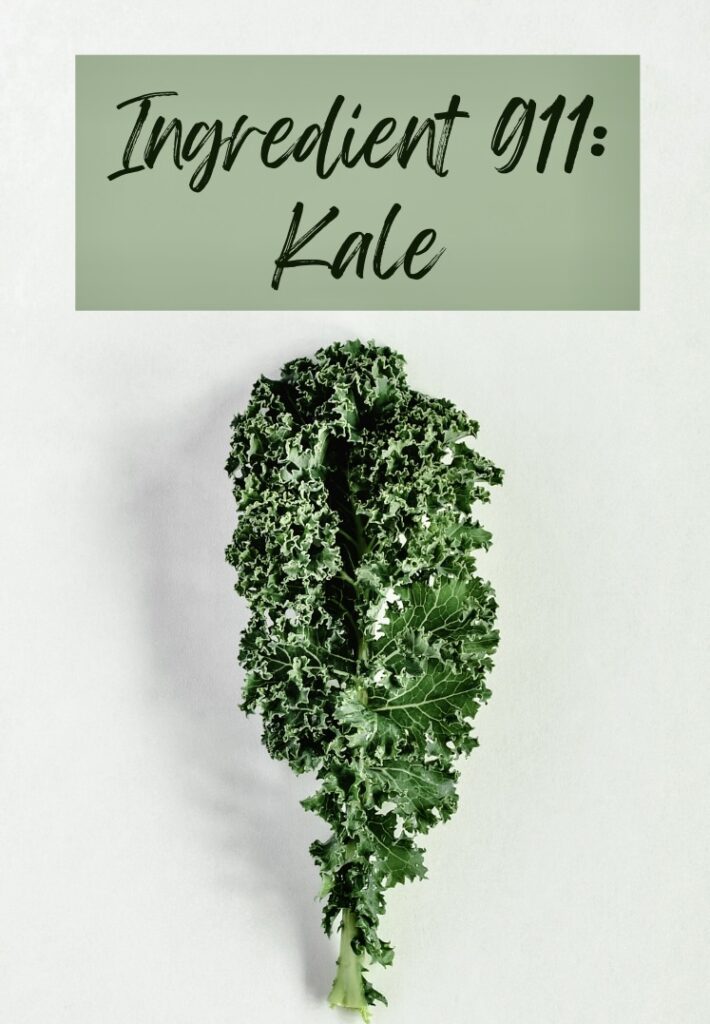
Walking is the most common gait terrestrial animals use for locomotion. It is slower and more difficult than other gaits. Walking is the most efficient method of moving around, and it's not like other locomotion methods. There are many benefits to walking. You can read on to learn more about the most common gait of humans.
Walking can improve the mood, helping people believe in themselves and their goals. According to one study, regular walkers had better health perceptions and had a higher sense of well-being than non-walkers. Walking is good for the mind and body, and helps to maintain a healthy weight. Walking is a great method to meet new people. There are many other advantages to walking. You can walk from your home or to a nearby park.

Walking strengthens the heart. One study of 1000 women showed that walking 30 minutes per day reduced sick days by 43%. They also experienced fewer sick days and more severe symptoms. Whether you're new to walking or an old pro, it's a great way to get more exercise and improve your health. To avoid illness, make sure you get enough exercise. You'll be more healthy the more you do it.
Walking reduces stress, improves blood pressure and cholesterol. Walking makes it easier to walk for seniors because it increases muscle strength in your lower body. It improves mental health and reduces the likelihood of falling. Walking can be a great way to manage chronic conditions and keep you independent. It can also help with treatment and management of pain associated with chronic illnesses. If done regularly, it can help reduce depression and even decrease the risk of dementia.
Besides improving your health, walking can help you feel good about yourself. A simple walk can make someone feel happier than a daily commute, according to researchers. This is true even for people who are sedentary. Even though they lead busy lives, regular walking can help them to get a good night of sleep. Walking can be relaxing and fun, but it has many other benefits. It can calm the mind and improve your mood.

A recent study suggests that walking can increase creativity. Research on creativity showed that women who walked more than an hour per day generated more creative ideas than women who sat in front of computers. It also improves their sleep which makes it a great way of socializing with friends or listening to audiobooks. She also felt more confident and healthier. Regardless of the age or gender, you can always benefit from walking.
FAQ
What are the 10 best foods to eat?
These are the 10 best foods to try:
-
Avocados
-
Berries
-
Broccoli
-
Cauliflower
-
Eggs
-
Fish
-
Grains
-
Nuts
-
Oats
-
Salmon
What are 10 healthy habits?
-
Get breakfast every morning.
-
Don't skip meals.
-
Be balanced.
-
Drink lots of water.
-
Take care your body.
-
Get enough sleep.
-
Avoid junk foods.
-
Get at least one form of exercise each day.
-
Have fun
-
Find new friends
How can I live the best life possible every day?
Finding out what makes your heart happy is the first step to living a fulfilled life. You can then work backwards once you know what makes YOU happy. You can also ask others how they live their best lives everyday.
You can also check out books like "How to Live Your Best Life" from Dr. Wayne Dyer. He talks about finding happiness and fulfillment in all aspects of our lives.
Here are five ways to lead a healthy lifestyle.
A healthy lifestyle means eating right, being active, getting enough sleep, managing your stress levels, and having fun. Eating well means avoiding processed foods, sugar, and unhealthy fats. Exercise burns calories and strengthens the muscles. Sleeping well improves concentration and memory. Managing stress reduces anxiety and depression. Fun keeps us happy and healthy.
What is the difference among a virus or a bacterium and what are their differences?
A virus, a microscopic organism, is incapable of reproducing outside its host cell. A bacterium is an organism that splits itself in two. Viruses are small, around 20 nanometers in size. Bacteria are much larger, at 1 micron.
Viruses are often spread through contact of infected bodily fluids like saliva, urine or semen. Bacteria are usually spread through direct contact with contaminated objects or surfaces.
Viral infections can also be introduced to our bodies by a variety of cuts, scrapes or bites. They may also get into the body through the nose and mouth, eyes, ears or rectum.
Bacteria can enter our bodies through wounds, cuts, scrapes, burns, insect stings, or other breaks in our skin. They may also be introduced into our bodies through food and water as well as soil, dirt, dust, and animals.
Both bacteria as well as viruses can cause illness. Viruses cannot multiply in their host cells. They infect only living cells, causing illness.
Bacteria can grow in their hosts and cause disease. They can also invade other parts of your body. To kill them, we must use antibiotics.
How can I determine what is best for my health?
You need to listen to your body. When it comes to your body's needs for exercise, food, or rest, it is the best. Your body will tell you what to do so that you don't go overboard. Pay attention to your body, and ensure that you are doing all you can to keep yourself healthy.
Statistics
- According to the Physical Activity Guidelines for Americans, we should strive for at least 150 minutes of moderate intensity activity each week (54Trusted Source Smoking, harmful use of drugs, and alcohol abuse can all seriously negatively affect your health. (healthline.com)
- The Dietary Guidelines for Americans recommend keeping added sugar intake below 10% of your daily calorie intake, while the World Health Organization recommends slashing added sugars to 5% or less of your daily calories for optimal health (59Trusted (healthline.com)
- nutrients.[17]X Research sourceWhole grains to try include: 100% whole wheat pasta and bread, brown rice, whole grain oats, farro, millet, quinoa, and barley. (wikihow.com)
- In both adults and children, the intake of free sugars should be reduced to less than 10% of total energy intake. (who.int)
External Links
How To
10 Tips for a Healthy Lifestyle
How to lead a healthy lifestyle
We live in a fast paced world, where we don’t get enough sleep and smoke cigarettes. We don't take care of our body's health properly.
If you are working full time, it can be difficult to keep a healthy diet and exercise regimen. Stress makes it even more difficult. Our minds tell us we can't handle this situation any longer so we feel guilty and give in.
If you feel something is wrong with the body, it is probably. Consult a doctor immediately to get his/her opinion on your current condition. If there is nothing abnormal, then it might just be stress from your job.
People believe they are lucky because they can go to the gym every day or have friends who keep them fit. They are fortunate. These people don't have any difficulties. They had everything under control. I wish everyone could be one of them. Unfortunately, many of us don’t know how to manage our personal and work lives. Many people end up with bad habits which eventually lead to diseases such as heart disease, diabetes, cancer and many others.
Here are some tips to help improve your lifestyle.
-
You should get 7 hours of sleep per night minimum and 8 hours maximum. This means sleeping properly and not consuming caffeine in the hour before bed. Caffeine blocks melatonin, which can make it difficult for you to fall asleep. Your bedroom should be darkened and cleaned. You should use blackout curtains if possible, especially if your work is late at night.
-
Eat well - Have breakfast every morning. Avoid sugary products, fried foods, white breads, and processed food. Fruits, vegetables, whole grains and whole grains are good options for lunch. For afternoon snacks, it is recommended to eat foods high in protein and fiber like nuts, seeds and beans, fish, dairy products, and fish. Avoid junk food like chips, candies and cakes.
-
Get enough water. Many people don't get enough. Water helps us to burn more calories, keeps our skin looking young and supple, flushes toxins from our system and improves digestion. Aim to drink six glasses of fluids daily to lose weight more quickly. The best way of determining your hydration is to check the color in your urine. Yellow indicates dehydration; orange signifies slightly dehydrated; pink signifies normal; red signifies overhydrated; and clear signifies highly-overhydrated.
-
Exercise - It has been proven that regular physical activity can improve energy levels and reduce depression. Walking is a good way to get fit and improve your mood. Walking is easy, but it takes effort and concentration. Your brain needs to focus on walking while breathing slowly and deeply. A 30 minute walk at a moderate pace for about 100 calories can burn between 100-150 calories. Start slow, and then increase the pace. To prevent injury, don't forget to stretch after you exercise.
-
Positive thinking is key to mental health. Positive thinking creates a positive environment within ourselves. Negative thinking can cause anxiety and drain your energy. Try to visualize the things you are aiming to achieve. If you feel overwhelmed with all the tasks, you can break each task down into smaller steps. Be aware that you will fail at times, but don't despair. Just get back up and start over.
-
Learn to say no - We often get so busy that we do not even realize how much time we waste doing unimportant things. It is important you can say no when it is necessary. Saying 'no' does not mean being rude. A No means that you can't take care of something now. You will always find another way to do the job. You should set limits. You can ask someone to help you. You can also delegate this task to another person.
-
Take care of you body. You can boost your metabolism by eating healthier foods. Avoid eating anything heavy or oily as they can raise cholesterol levels. It is a good idea to eat three meals and two snacks per day. Around 2000 to 2500 calories should be consumed each day.
-
Meditate - Meditation can reduce stress and anxiety. You can relax your mind by simply sitting still with your closed eyes. This exercise will give your mind clarity, which is very important in making decisions. Regular meditation practice will make you happier and calmer.
-
Breakfast is the most important meal you should eat each day. Skipping breakfast can lead to eating too much lunch. You don't have to wait until noon to enjoy a healthy breakfast. Eating breakfast increases your energy level and helps you to control your hunger.
-
Good food is healthy. Avoid junk food and other food items that have artificial or preservative ingredients. These products make your body acidic and will cause you to crave them. Vegetables and fruits are high in vitamins and minerals, which can lead to better overall health.